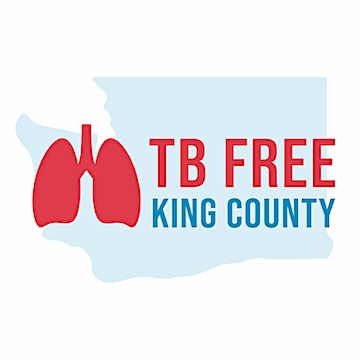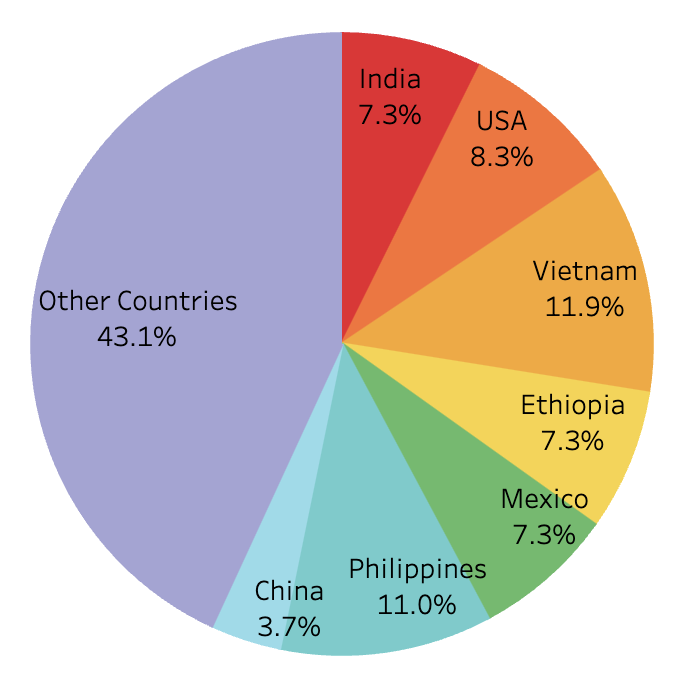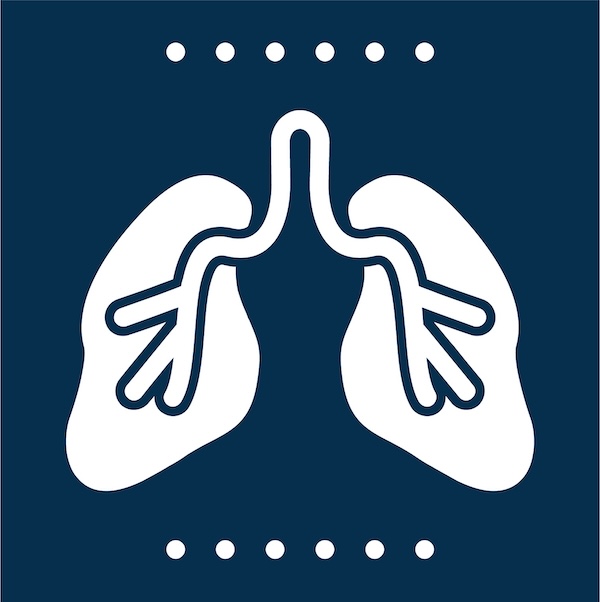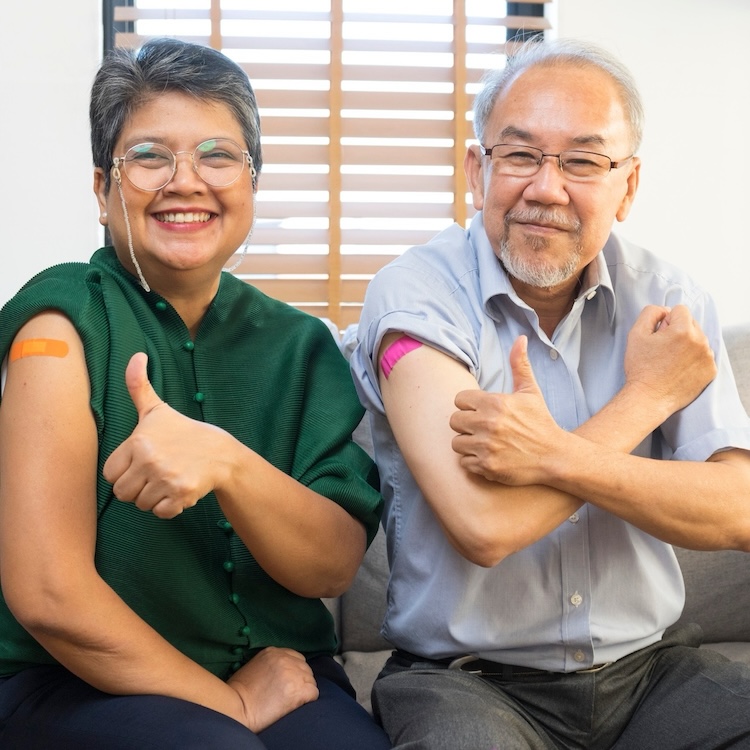Communicable disease
Advancing communicable disease preparedness and response through One Health
FPHS funding allowed us to hire a public health veterinarian to lead our zoonotic and emerging disease team and serve as a key advisor on animal outbreaks that affect humans, like influenza A H5N1 (bird flu). This role is crucial for preventing, tracking, and responding to disease outbreaks with pandemic potential. Before we hired this position, we couldn’t effectively monitor potential threats, build relationships with agriculture and public health partners, or train staff to respond to new or existing risks. Now, we’re better equipped to prepare for and manage zoonotic disease outbreaks using a One Health approach, reduce their impact, and work with community partners to raise awareness and increase readiness.


Enhancing immunization access and preparedness
Thanks to FPHS funding, we hired two program managers: one to lead our new Adult Immunization Team and another to focus on healthcare and outbreak preparedness. Before this funding, our efforts were limited to promoting childhood vaccines, and we lacked the capacity to serve adults or strengthen partnerships with healthcare providers. Now, we’re able to improve vaccine access for adults, especially those in congregate settings or at high risk due to health conditions like pregnancy or weakened immune systems. These investments have helped us expand immunization services, prepare for and respond to vaccine-preventable disease outbreaks, and ensure vaccines are distributed equitably when supplies are limited.
Tuberculosis control
With the funds we received for Tuberculosis Control in 2018, we created the statewide Washington TB Collaborative Network to provide training, consultation and on the ground technical assistance to health departments to treat and investigate active TB cases in their jurisdictions. The TB Collaborative Network assures all people with TB have access to high-quality treatment, no matter where in Washington they live. All health departments now have support from highly experienced King County doctors and nurse case managers who have treated hundreds of challenging TB cases and conducted dozens of complex investigations in schools and shared housing environments. This program has improved the quality of TB control across the state, healing people with TB disease and reducing the person-to-person spread of active TB.
 Translate
Translate



